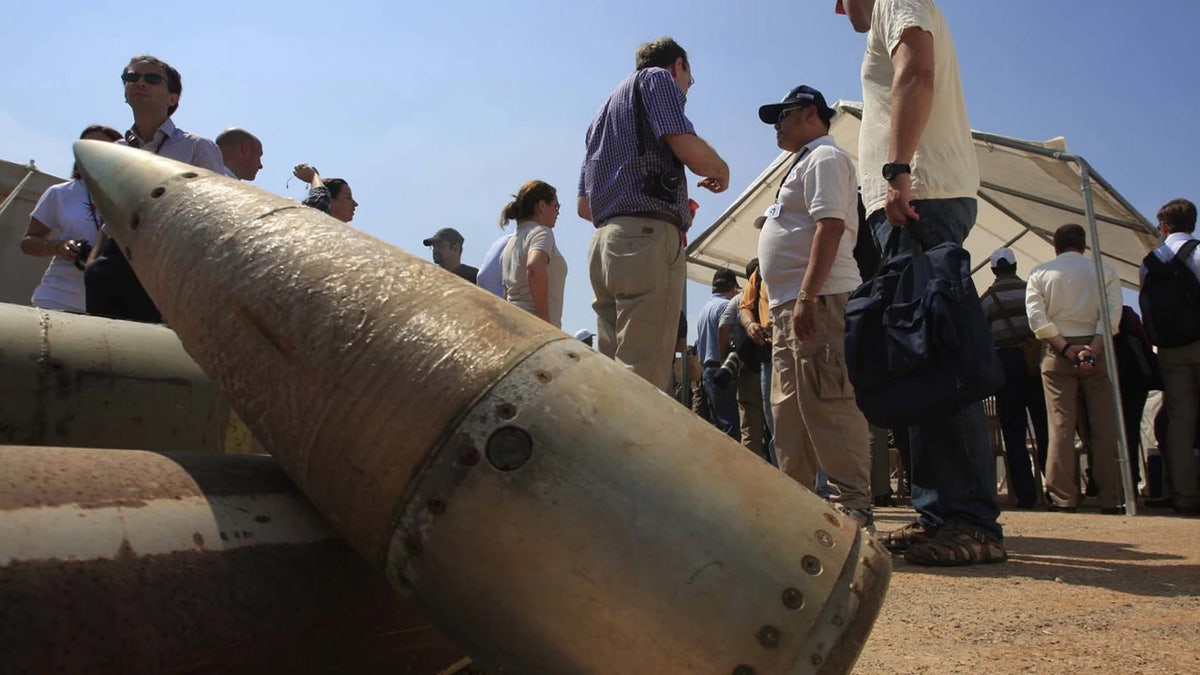The Biden administration's decision to supply Ukraine with cluster bombs has raised concerns about dwindling U.S. ammunition stockpiles. Military strategist and retired Lt. Col. Darin Gaub, speaking on "Sunday Night in America with Trey Gowdy," suggested this move reflects a critical shortage in the American arsenal. Gaub cited sources indicating a 10-15 year recovery period for U.S. munitions supplies, given the volume sent to Ukraine. He emphasized the dangerously low levels of ammunition, including 155 mm artillery shells, and the lag in manufacturing capacity.

This decision, part of an $800 million weapons package, has drawn criticism from both domestic and international partners, including the UK and Spain. Cluster bombs, as Gaub explained, consist of numerous smaller bombs within a larger shell. Upon detonation, these bomblets disperse over a wide area, exploding on impact. Over 100 countries, including key U.S. allies, have banned these weapons through the Convention on Cluster Munitions. However, neither the U.S. nor Ukraine are signatories to this convention.
A key concern is the "dud rate" – unexploded bomblets – which poses long-term risks. While the U.S. typically aims for a 1% dud rate for exported munitions, the current rate for those sent to Ukraine is over double that, due to a waiver from President Biden. This raises fears of lingering dangers and the multi-year cleanup effort required, further fueling opposition to their deployment.

President Biden, in a CNN interview, justified the decision, citing Russia's use of cluster munitions and Ukraine's need for them to maintain their offensive. Gaub, however, pointed to the rapid depletion of U.S. supplies exceeding production capacity, and highlighted inactive and underfunded production lines hindering the replenishment of munitions, not only for Ukraine, but also to maintain U.S. military readiness.
Comments(0)
Top Comments